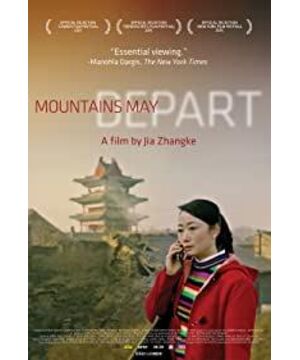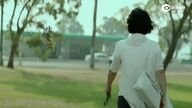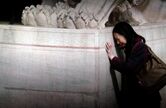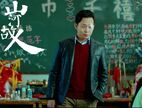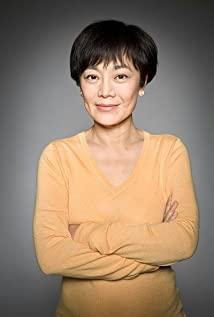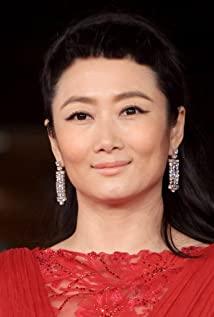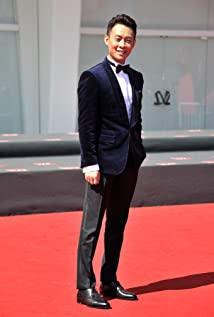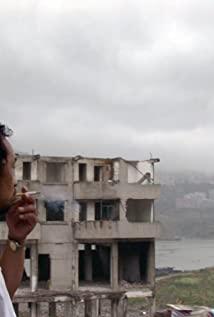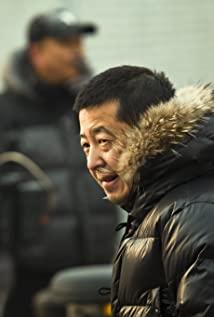"Fenyang, Shanxi, is to Jia Zhangke, what Oxford is to Faulkner, and the northeastern town of Gaomi is to Mo Yan. It is painful and tender. When you reach the end of the world, you have to look back again and again."
Jia Zhangke, a film director born and raised in Shanxi Province, is one of the representatives of the sixth generation of directors, and his films have always been theories first. Segmented narrative is his favorite film technique: "Xiao Wu" has three sections of Liang Xiaowu's love, friendship and family; "The Good Man in Three Gorges" is a four-section "tobacco, alcohol, sugar and tea", and "Tian Destiny" has Four stories "horse, duck, snake, fish". This time is no exception. In terms of form, "Old Man in Mountains and Rivers" uses different aspect ratios in the three stories to reflect the changes of the times.
In 1999, with the music of "Go West", the first story kicked off. In Fenyang, Shanxi, Shen Tao is in the middle of a triangular problem with two men, one is the coal mine advocate Jinsheng, and the other is the miner Liangzi. At the end of the twentieth century, in that ambiguous era, Zhang Jinsheng's red Santana symbolized the rise of capitalism. On the banks of the Yellow River, the three were silent. In the end, Shen Tao chose Zhang Jinsheng. This is an example of an individual choosing to live in the era, but he did not want to be linked for a long time. After that, the fate of the three people was different.
The sequence ends, and the feature film begins.
In 2014, Liang Zi, a miner, returned home from other places to borrow money for medical treatment. When I met Shen Tao again, I learned that the two had divorced. Zhang Jinsheng is a venture capitalist in Shanghai and is planning to send his son Zhang Dale abroad. When the old meet again, it is inevitable to sigh with emotion. However, the theme of this chapter is the death of Shen Tao's father, and the values that symbolize traditional collapse here. Shen Tao asked his son Zhang Dale to go back to his hometown for the funeral, but the mother and son had nothing to say when they met. Dao Le received a Western-style education, and he didn't call him "Mom", but "Mommy"; before the spiritual position, Shen Tao asked him to kneel, and he was also at a loss. When parting, Shen Tao gave his son the key to his home and said that he could come back at any time. 2025, Australia. To Le grew up, but not happy. His father, Zhang Jinsheng, fled overseas for being involved in a corruption case. His wish was to make Dale study well and learn Chinese well. However, Zhang Daole had his own ideas: he didn't want to go to university, and he was not interested in anything. Secretly, he disagreed with many of his father's practices. He fell in love with the female teacher Mia who taught him Chinese, and Mia was old enough to be his mother. When Mia asked him what was hanging around his neck, he remembered his mother. He hadn't seen her for a long time, and this set of keys was the only connection he had with his mother, and the only clue to his homeland on the other side of the ocean. The key was his memory of his homeland and the roots of his culture, which he longed for right now. He wanted to take Mia back to his homeland to find his mother, but hesitated at the last moment. He asked himself how to introduce this elderly girlfriend to his mother; on both sides of the ocean, it is not only the long distance, but also the insurmountable values. In this extremely free Australia, technology is developed, communication is convenient, and guns can be carried. However, it seems that everyone cannot find freedom. Zhang Jinsheng got a gun that made him feel "free", but he couldn't find an enemy; Zhang Dale had no worries, but he was not free, and he couldn't find the words to introduce Mia in front of his parents' generation; Mia, a divorced woman with a bizarre story It is even more of a place of unfreedom. The scene swayed back to Fenyang, Shanxi, the snow fell, and the old Shen Tao danced again in front of Wenfeng Pagoda, accompanied by the music of "Go west". Over the past 26 years, China's past, present and future have emerged in Jia Zhangke's images. The three deceased people have gone through great changes in the mountains and rivers and walked out of different contexts in contemporary China.
"Mountains and Rivers Old Man" is a warm film about the joys and sorrows of small people in a big era. The director's documentary technique and poetic style echo each other, and deeply depict the emotional transformation of the little people under the changing times. The mountains and rivers have changed, and the old people who have been separated from the space have long been scattered all over the world. In the end, each is not free. The deceased looks back to the homeland, full of imagination; the relatives look overseas, perhaps with gratification, but they are separated from each other.
It is quite meaningful to say in the movie that "everyone can only walk with you for a while". From the group dance in 1999 to the solo dance by Shen Tao in 2025, the contemporary China she has traveled is exactly what every Chinese may experience. life. In the heavy snow, the unchanging dance is the director's firm watch for the future of China. The future is not far away, blooming alone.
View more about Mountains May Depart reviews


